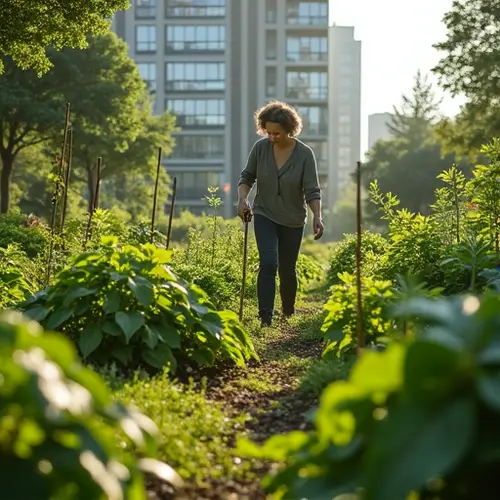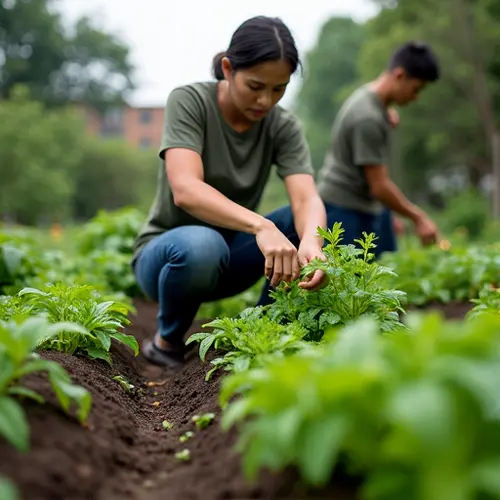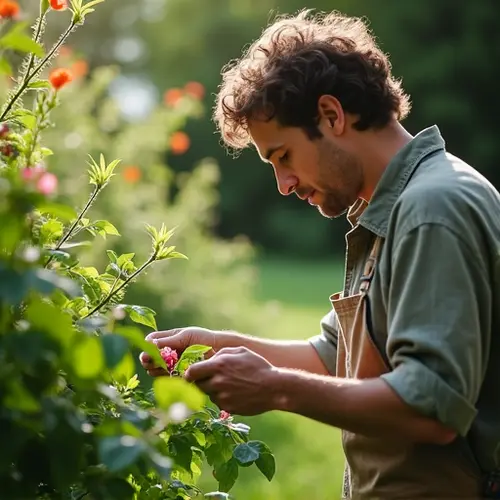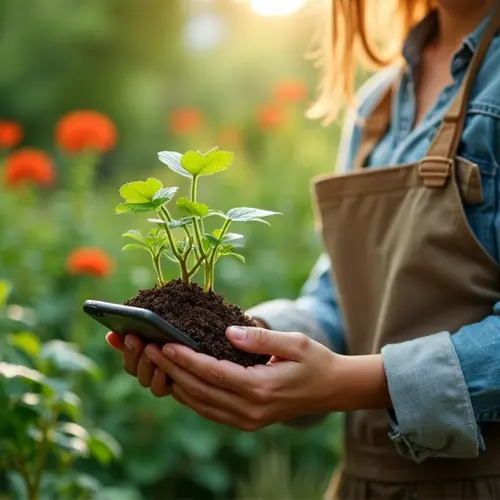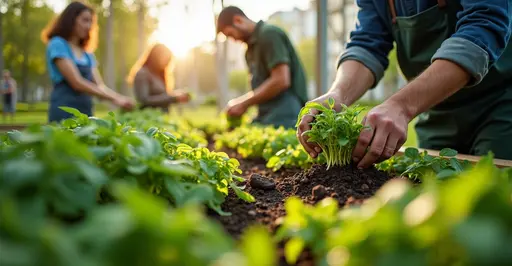
The Rise of Urban Agriculture
Urban gardening is transforming city landscapes worldwide, with major metropolises seeing unprecedented growth in community gardens, rooftop farms, and balcony planters. This movement represents more than just a hobby - it's becoming a crucial strategy for sustainable food production and local resilience. According to recent data, urban agriculture participation has increased by 35% since 2023, with cities like Amsterdam, Berlin, and Montreal leading this green revolution.
2025 Trends Driving the Movement
Several key trends are accelerating urban gardening adoption:
- Vermiculture boom: Worm composting has become essential for urban soil health. Red wiggler worms transform kitchen scraps into nutrient-rich "black gold" fertilizer.
- Native plant focus: Gardeners prioritize local species that support pollinators and require less water.
- Climate-resilient designs: Drip irrigation systems and drought-resistant crops help gardens withstand extreme weather.
- Vertical innovations: Space-saving solutions like hydroponic towers and wall gardens maximize small urban footprints.
- Regenerative practices: No-till gardening and companion planting improve soil biodiversity naturally.
Environmental and Social Benefits
Urban gardens reduce food miles to nearly zero, significantly cutting carbon emissions. A recent study showed that a single community garden can absorb up to 1.5 tons of CO2 annually. Beyond environmental benefits, these green spaces strengthen community bonds and improve mental health. In London, the Capital Growth network now supports over 2,500 community food gardens.
Overcoming Urban Challenges
While urban gardening offers numerous benefits, practitioners face unique challenges. Soil contamination remains a concern in many post-industrial cities. Solutions include raised beds with imported clean soil and comprehensive soil testing programs. Limited space is being addressed through creative partnerships - schools, hospitals, and businesses are converting unused areas into productive gardens. Cities like Detroit now incorporate urban agriculture into official land-use planning.
The Future of City Farming
As technology advances, urban gardening is becoming more accessible and efficient. Smart garden sensors that monitor soil moisture and nutrient levels are now affordable for home use. Policy changes are also supporting the movement, with several European cities offering tax incentives for green rooftops. Experts predict that by 2030, urban gardens could supply 15% of city dwellers' fresh produce needs, making our food systems more resilient and sustainable.

 Nederlands
Nederlands English
English Français
Français Deutsch
Deutsch Español
Español Português
Português



